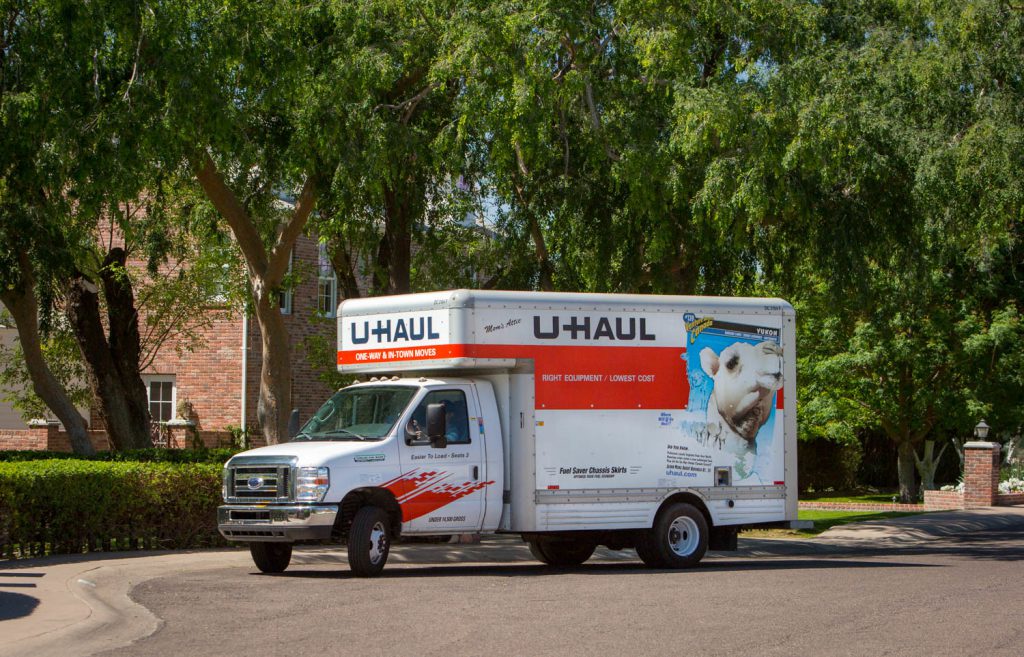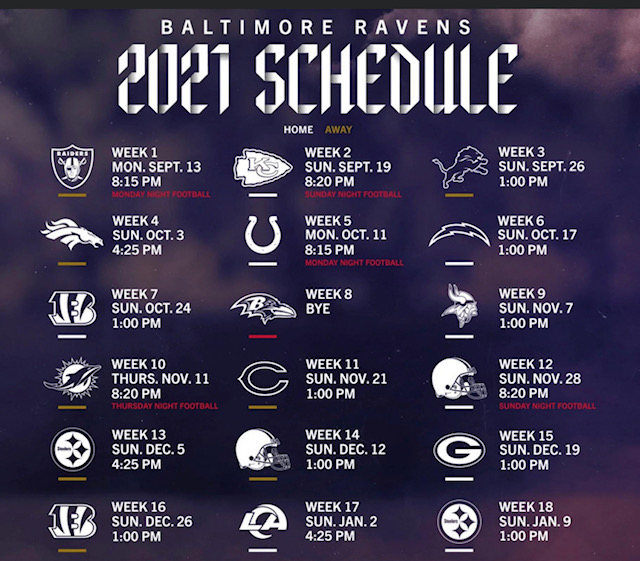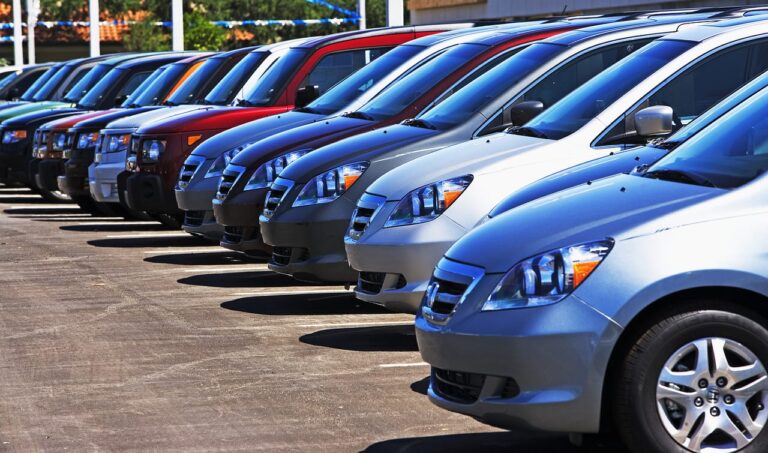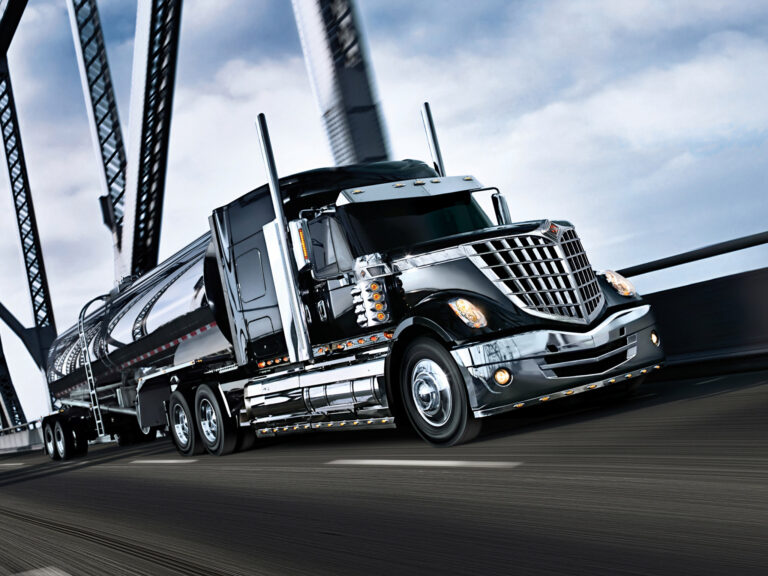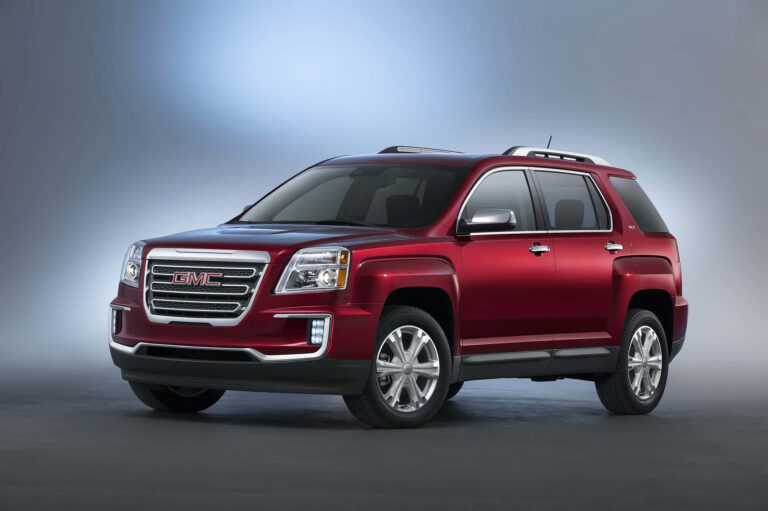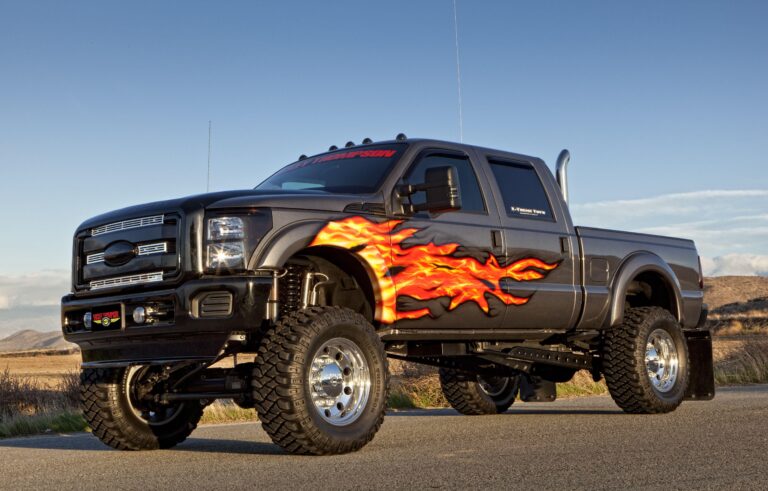U-Haul Small Trailer: Your Essential Guide to DIY Hauling
U-Haul Small Trailer: Your Essential Guide to DIY Hauling cars.truckstrend.com
Moving, decluttering, or tackling a significant DIY project often requires more hauling capacity than your everyday vehicle can provide. This is where the unsung hero of personal transportation steps in: the U-Haul small trailer. Far more than just a box on wheels, these versatile and accessible units offer a cost-effective, convenient, and empowering solution for individuals looking to transport belongings, materials, or equipment without the need for a full-sized moving truck. From students relocating to a dorm to homeowners embarking on a landscaping overhaul, understanding the ins and outs of U-Haul’s small trailer options can unlock a world of logistical possibilities, making seemingly daunting tasks manageable and affordable.
This comprehensive guide will delve into everything you need to know about U-Haul small trailers, from the various types available and their benefits to the practicalities of renting, towing, and ensuring a safe, successful hauling experience.
U-Haul Small Trailer: Your Essential Guide to DIY Hauling
Unpacking the U-Haul Small Trailer Ecosystem
When we talk about "small trailers" at U-Haul, we’re generally referring to their more compact, maneuverable options, designed to be towed by a wide range of personal vehicles. These come in two primary categories: enclosed cargo trailers and open utility trailers, each serving distinct purposes.
Enclosed Cargo Trailers
These trailers provide a secure, weatherproof environment for your belongings, making them ideal for moving household goods, furniture, and items that need protection from the elements or theft.
- 4×8 Cargo Trailer: Often the smallest enclosed option, this trailer is perfect for studio or dorm room moves, transporting boxes, small furniture, or equipment. Its compact size makes it exceptionally easy to tow and maneuver, even for novice trailer users. It offers approximately 128 cubic feet of secure space.
- 5×8 Cargo Trailer: A step up in size, the 5×8 provides more generous space (around 256 cubic feet), suitable for a small apartment, a few larger furniture pieces, or a substantial amount of boxes. It maintains good maneuverability while offering significant additional capacity.
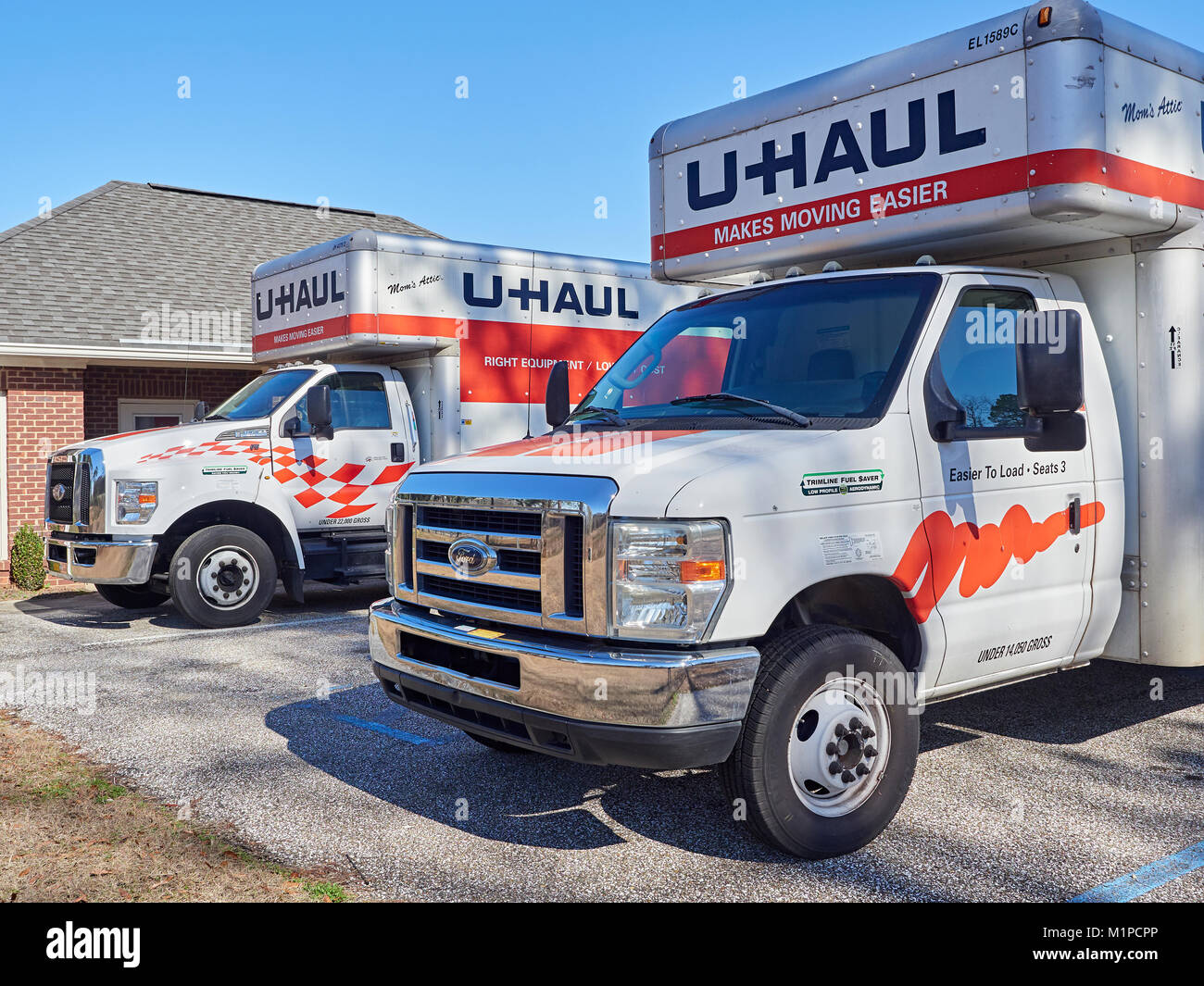
Open Utility Trailers
Designed for hauling bulkier, heavier, or irregularly shaped items that don’t require weather protection, utility trailers are robust and feature an open top. Many include a ramp for easier loading of wheeled items.
- 4×7 Utility Trailer: The smallest open trailer, it’s excellent for yard waste, lumber, small appliances, or furniture. It’s incredibly light and easy to tow, making it a favorite for quick trips to the dump or home improvement store.
- 5×9 Utility Trailer with Ramp: This popular option provides a larger footprint and, crucially, a built-in ramp, making it ideal for transporting ATVs, motorcycles, lawnmowers, large furniture, or construction materials. Its open design allows for tall or wide items that wouldn’t fit in an enclosed trailer.

Why Opt for a U-Haul Small Trailer? The Benefits Unveiled
Choosing a U-Haul small trailer offers a multitude of advantages that cater to various needs and budgets:
- Cost-Effectiveness: Renting a small trailer is significantly cheaper than hiring professional movers or even renting a full-sized moving truck. You pay only for the trailer and the fuel for your own vehicle, saving substantially on labor and truck rental fees.
- Versatility for Diverse Needs: Whether you’re moving a child to college, clearing out a garage, picking up a new appliance, transporting a motorcycle, or hauling debris from a renovation, there’s a small trailer to fit the bill.
- Ease of Use and Maneuverability: Smaller trailers are less intimidating to tow than large trucks. Their compact size makes navigating city streets, tight driveways, and parking lots much simpler, reducing stress for first-time towers.
- Widespread Availability: U-Haul boasts an extensive network of locations across North America, making it incredibly convenient to pick up and drop off a trailer, often close to your home or destination.
- Security for Valuables (Enclosed): The enclosed cargo trailers offer a secure, lockable space, protecting your belongings from theft, rain, dust, and road grime during transit.
- DIY Control: Renting a trailer puts you in complete control of your timeline, packing process, and transportation, offering flexibility that professional services often cannot match.
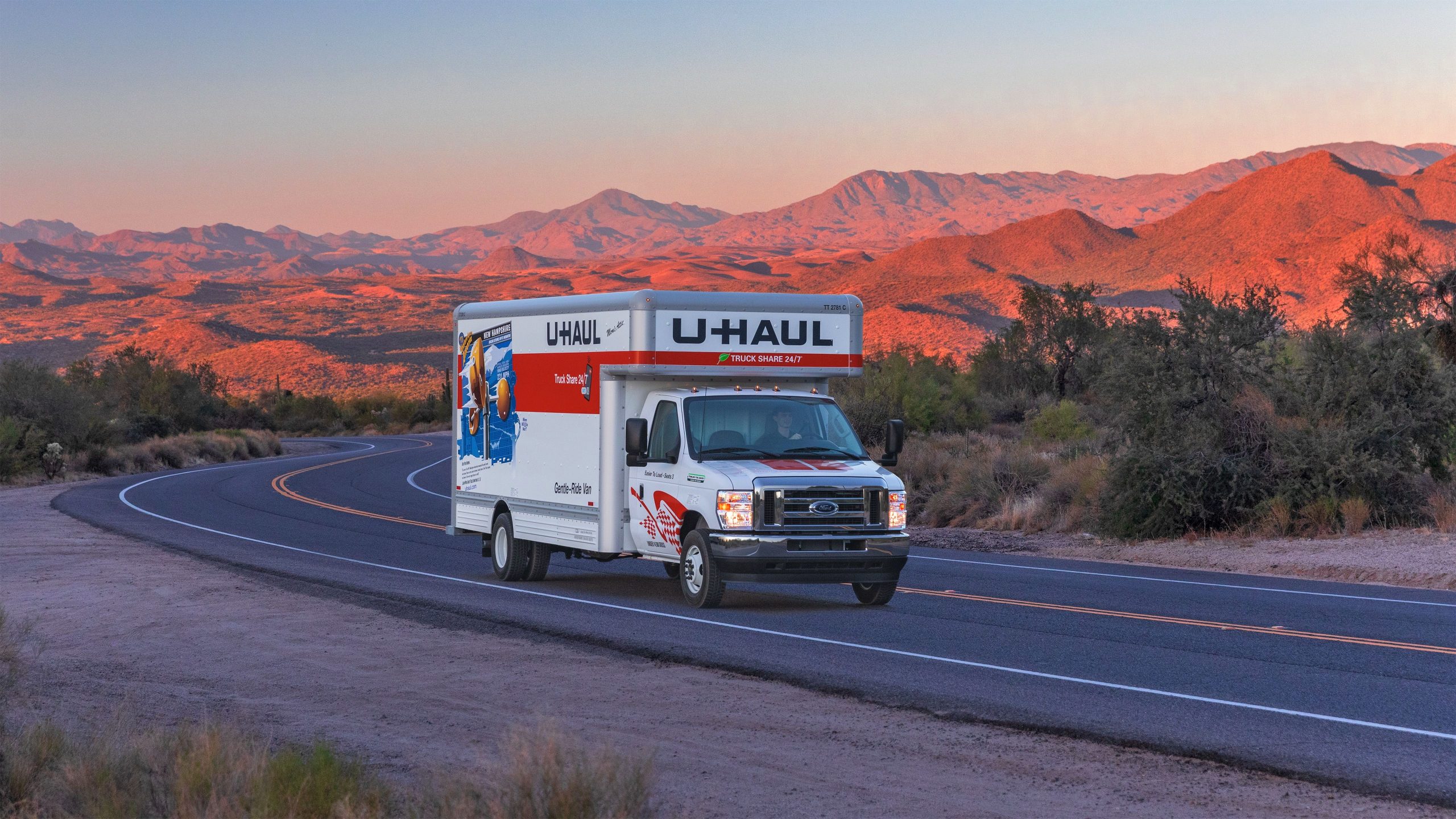
How to Rent a U-Haul Small Trailer: A Step-by-Step Guide
Renting a U-Haul small trailer is a straightforward process, but knowing the steps ensures a smooth experience.
- Assess Your Needs: Determine the volume and type of items you need to move. This will help you select the appropriate trailer size and type (enclosed vs. open).
- Verify Your Vehicle’s Towing Capacity: This is the most crucial step. Consult your vehicle’s owner’s manual to find its Gross Vehicle Weight Rating (GVWR) and maximum towing capacity. Ensure your vehicle has a proper hitch receiver (Class I or higher for small trailers) and a functioning lighting connection (typically 4-pin flat connector).
- Reserve Your Trailer:
- Online: Visit U-Haul’s website, enter your pickup and drop-off locations, dates, and select your desired trailer. This is often the easiest way to check availability and pricing.
- By Phone/In-Person: Call your local U-Haul dealer or visit a location directly.
It’s advisable to reserve in advance, especially during peak moving seasons (end of month, summer).
- Pickup and Inspection:
- Bring your valid driver’s license and a credit card.
- A U-Haul representative will help you hitch the trailer, ensuring a secure connection to your vehicle’s receiver. They will also verify that your lights are working.
- Conduct your own quick inspection of the trailer’s tires, lights, and overall condition before leaving the lot.
- Understanding Rental Terms: Clarify the rental duration, mileage limits (if any, typically none for trailers on daily rentals), and the drop-off procedure.
Key Considerations for a Safe and Successful Haul
Towing a trailer, even a small one, requires a different approach to driving. Heed these considerations for a safe journey:
- Towing Vehicle Compatibility: Double-check your vehicle’s towing capacity against the weight of the trailer plus its contents. Never exceed this limit. Ensure your hitch ball size matches the trailer’s coupler (usually 1-7/8" or 2" for small U-Haul trailers).
- Weight Distribution is Paramount:
- Load heavier items first, positioning them over or slightly forward of the trailer’s axle.
- Aim for approximately 60% of the cargo weight to be in the front half of the trailer.
- Distribute weight evenly from side to side to prevent swaying.
- Secure all items with tie-downs, ropes, or moving blankets to prevent shifting during transit, which can dangerously affect stability.
- Driving with a Trailer:
- Slower Speeds: Reduce your speed, especially on highways and curves. U-Haul recommends a maximum of 55 mph.
- Increased Braking Distance: Your combined vehicle and trailer will require significantly more distance to stop. Maintain greater following distances.
- Wider Turns: Account for the trailer’s path. Make wider turns at intersections to avoid hitting curbs or other obstacles.
- Backing Up: This is often the most challenging aspect. Practice in an empty lot if possible. Use your mirrors and, if available, a spotter. Remember that the trailer will turn in the opposite direction of your steering wheel when backing up.
- Hills: Downshift on inclines and declines to maintain control and reduce strain on your vehicle’s brakes.
- Insurance Coverage: Your personal auto insurance policy may cover liability for towing a rented trailer, but comprehensive and collision coverage for the trailer itself (and its contents) might not be included. U-Haul offers supplemental coverage options (e.g., Safemove® or Safetow®) that provide additional protection for damage to the trailer or your belongings. It’s wise to review your existing policy and consider U-Haul’s offerings.
- Pre-Trip Safety Checks: Before every drive, check:
- Hitch Connection: Ensure it’s fully engaged and the safety chains are crossed and attached.
- Lights: Test brake lights, turn signals, and running lights.
- Tires: Inspect tire pressure and tread on both your vehicle and the trailer.
- Load Security: Re-check all tie-downs.
Practical Advice and Actionable Insights
- Plan Your Route: Avoid routes with sharp turns, steep grades, or low clearances if possible.
- Use Proper Tie-Downs: Don’t rely on ropes alone. Use ratchet straps or cam buckle straps designed for securing loads.
- Mirror Extensions: For wider trailers, consider mirror extensions to improve visibility of the trailer’s sides and rear.
- Practice Backing Up: Find an empty parking lot and practice backing up with the trailer attached before your actual trip. This builds confidence and skill.
- Pack Smart, Not Just Tight: While space is valuable, weight distribution and securing items are more critical for safety.
U-Haul Small Trailer: Estimated Pricing Table
U-Haul trailer rental prices can vary significantly based on location, availability, demand, and whether you’re renting one-way or in-town. The table below provides estimated ranges for daily in-town rentals. One-way rentals are generally more expensive and fluctuate more dynamically.
| Trailer Type | Approximate Dimensions (LxWxH) | Usable Capacity (Cu. Ft.) | Max Load Capacity (lbs) | Estimated Daily In-Town Rental Range* | Ideal For |
|---|---|---|---|---|---|
| 4×7 Utility Trailer | 7′ x 4′ x 1′ (Open) | N/A | 1,770 | $14.95 – $19.95 | Small loads, yard waste, DIY projects, single large items |
| 5×9 Utility Trailer | 9′ x 5′ x 1′ (Open, w/ Ramp) | N/A | 1,650 | $19.95 – $24.95 | ATVs, motorcycles, lawn equipment, larger furniture, building materials |
| 4×8 Cargo Trailer | 8′ x 4′ x 4′ (Enclosed) | 128 | 1,600 | $18.95 – $24.95 | Dorm rooms, studio apartments, boxes, secure small items |
| 5×8 Cargo Trailer | 8′ x 5′ x 5′ (Enclosed) | 256 | 1,800 | $29.95 – $34.95 | 1-bedroom apartments, multiple large furniture pieces, appliances |
*Disclaimer: Prices are estimates for daily in-town rentals only and are subject to change based on location, availability, and specific rental terms. One-way rental prices are typically higher and fluctuate based on demand and route. Always check the official U-Haul website or contact a U-Haul location for the most current and accurate pricing for your specific needs.
Frequently Asked Questions (FAQ) About U-Haul Small Trailers
Q1: Can my SUV or car tow a U-Haul small trailer?
A1: Yes, many SUVs, crossovers, and even some sedans are capable of towing U-Haul small trailers, provided they meet the minimum towing capacity requirements (typically 1,500-2,000 lbs for these trailers) and have a properly installed hitch receiver and working light connection. Always consult your vehicle’s owner’s manual for its specific towing capacity.
Q2: Do I need special insurance to tow a U-Haul trailer?
A2: Your personal auto insurance policy may provide liability coverage for towing a rented trailer, but it’s crucial to confirm with your insurance provider. It may not cover damage to the U-Haul trailer itself or its contents. U-Haul offers supplemental coverage options like Safemove® or Safetow® for additional peace of mind.
Q3: What kind of hitch do I need for a U-Haul small trailer?
A3: You’ll need a receiver hitch mounted to your vehicle’s frame and a hitch ball of the correct size (usually 1-7/8" or 2" for U-Haul’s small trailers). A wiring harness (typically a 4-pin flat connector) is also required for the trailer’s lights.
Q4: How fast can I drive with a U-Haul trailer?
A4: U-Haul recommends a maximum speed of 55 mph when towing any of their trailers. Always obey posted speed limits, and adjust your speed based on road conditions, weather, and traffic.
Q5: Can I rent a U-Haul small trailer for a one-way trip?
A5: Yes, U-Haul allows one-way rentals for many of their trailers, though availability can vary, and the cost is typically higher than an in-town rental. It’s best to specify your one-way needs during the reservation process.
Q6: What if I have a problem or breakdown while towing?
A6: U-Haul provides 24/7 roadside assistance for their rental equipment. Their contact information will be provided at pickup, and you should call them immediately if you encounter any issues.
Conclusion: Empowering Your Hauling Endeavors
U-Haul small trailers represent an invaluable resource for anyone needing to transport goods beyond the capacity of their personal vehicle. By offering a range of sizes and types, from the compact 4×7 utility trailer to the secure 5×8 cargo trailer, U-Haul empowers individuals to take control of their moving, renovation, or hauling projects. With their affordability, accessibility, and relative ease of use, these trailers are a testament to the power of DIY solutions. By understanding the types available, meticulously planning your rental, prioritizing safety through proper loading and cautious driving, and being aware of the associated costs and support, you can confidently embark on your next hauling adventure, transforming potentially daunting tasks into manageable achievements.
